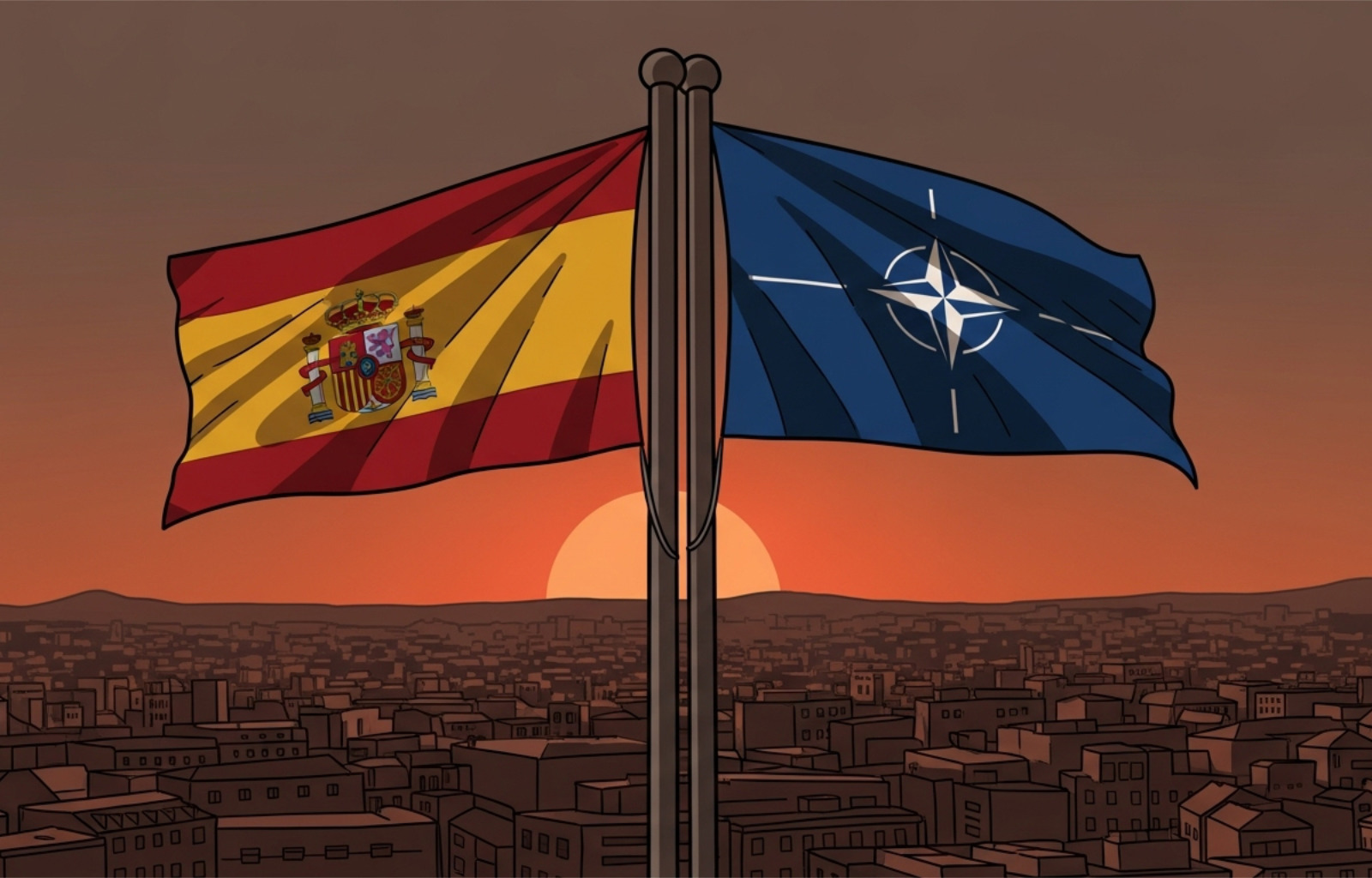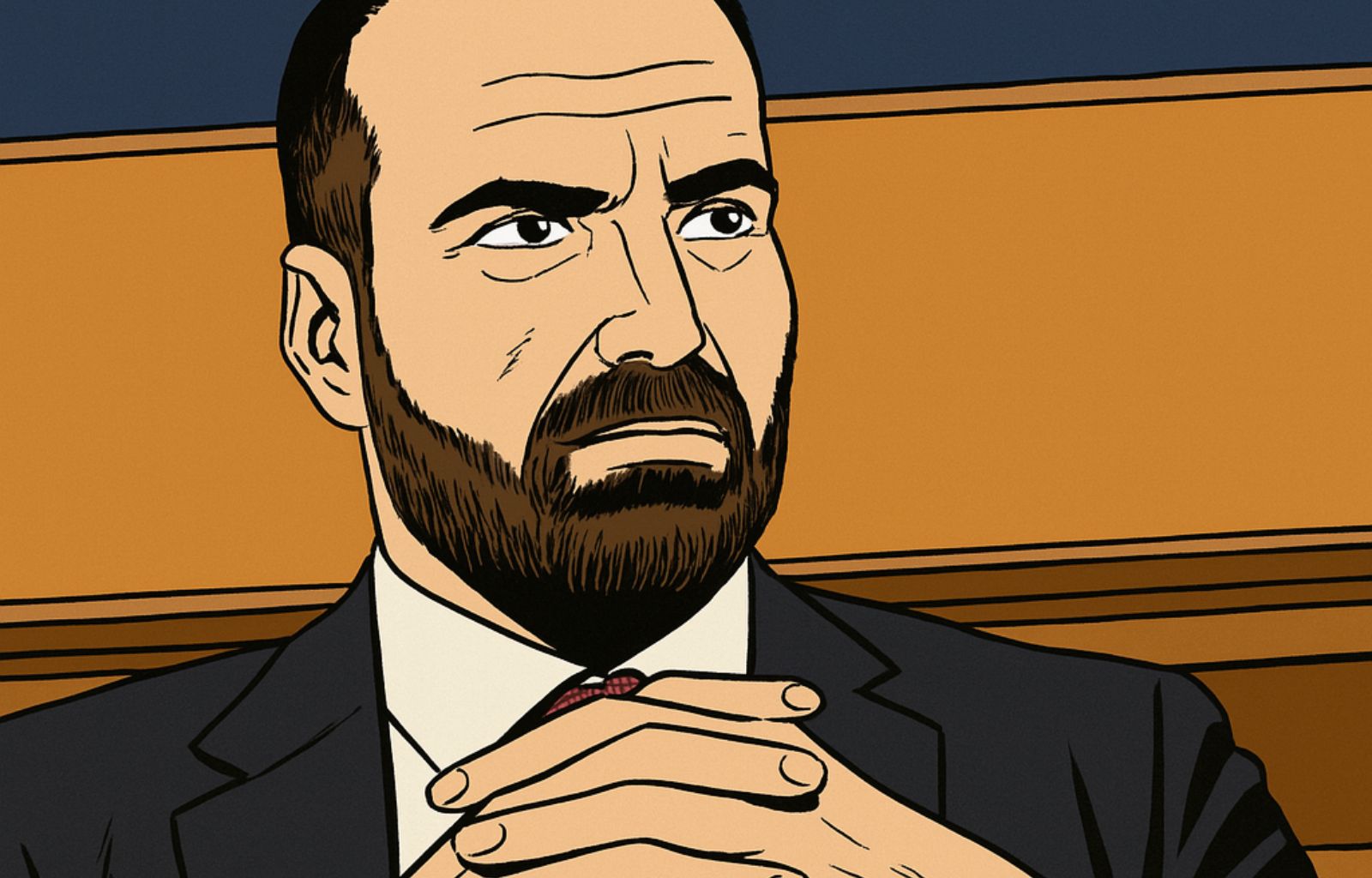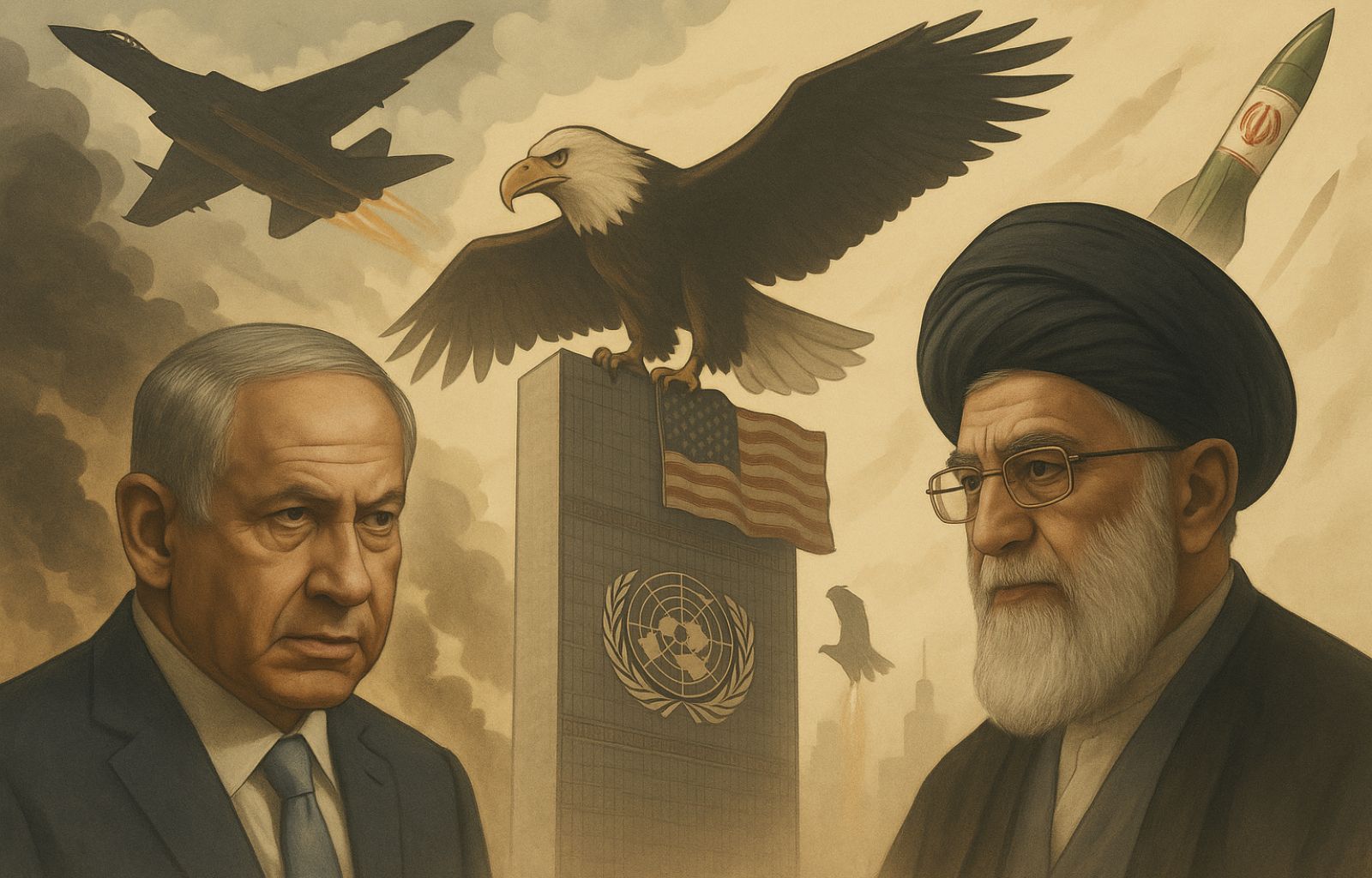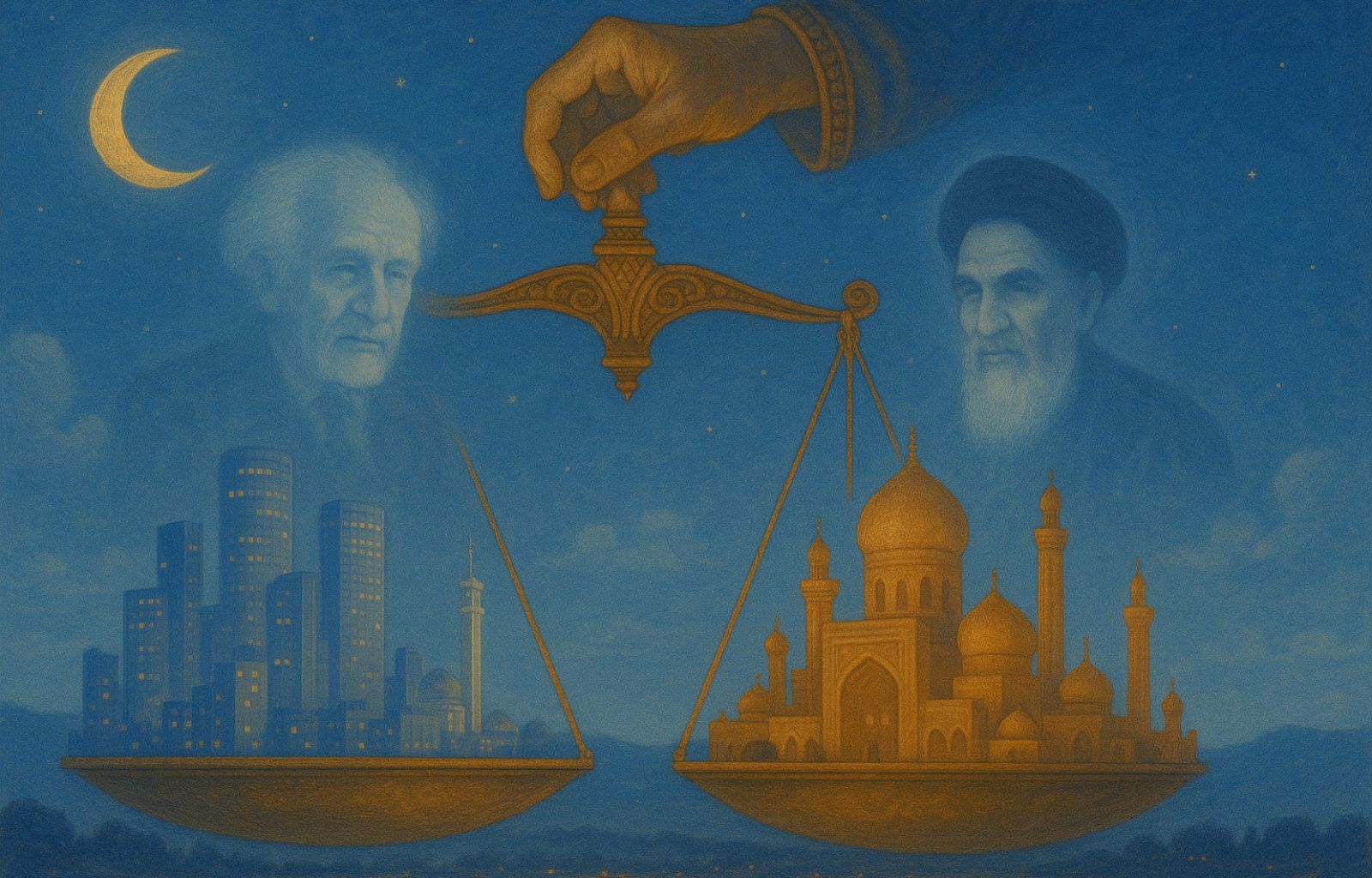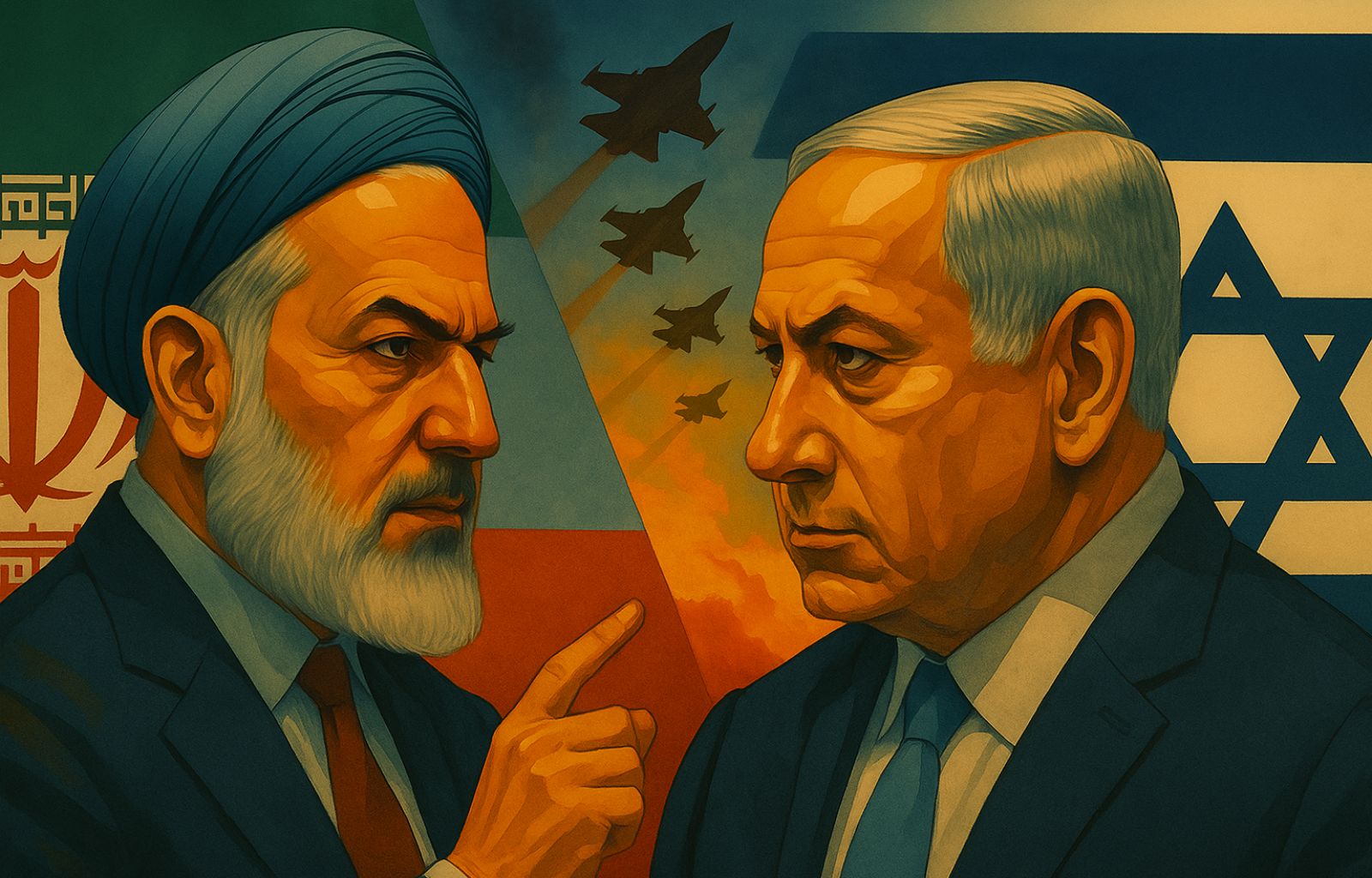Trump’s choices: Rubio and Hegseth opportunity or threat to Europe?
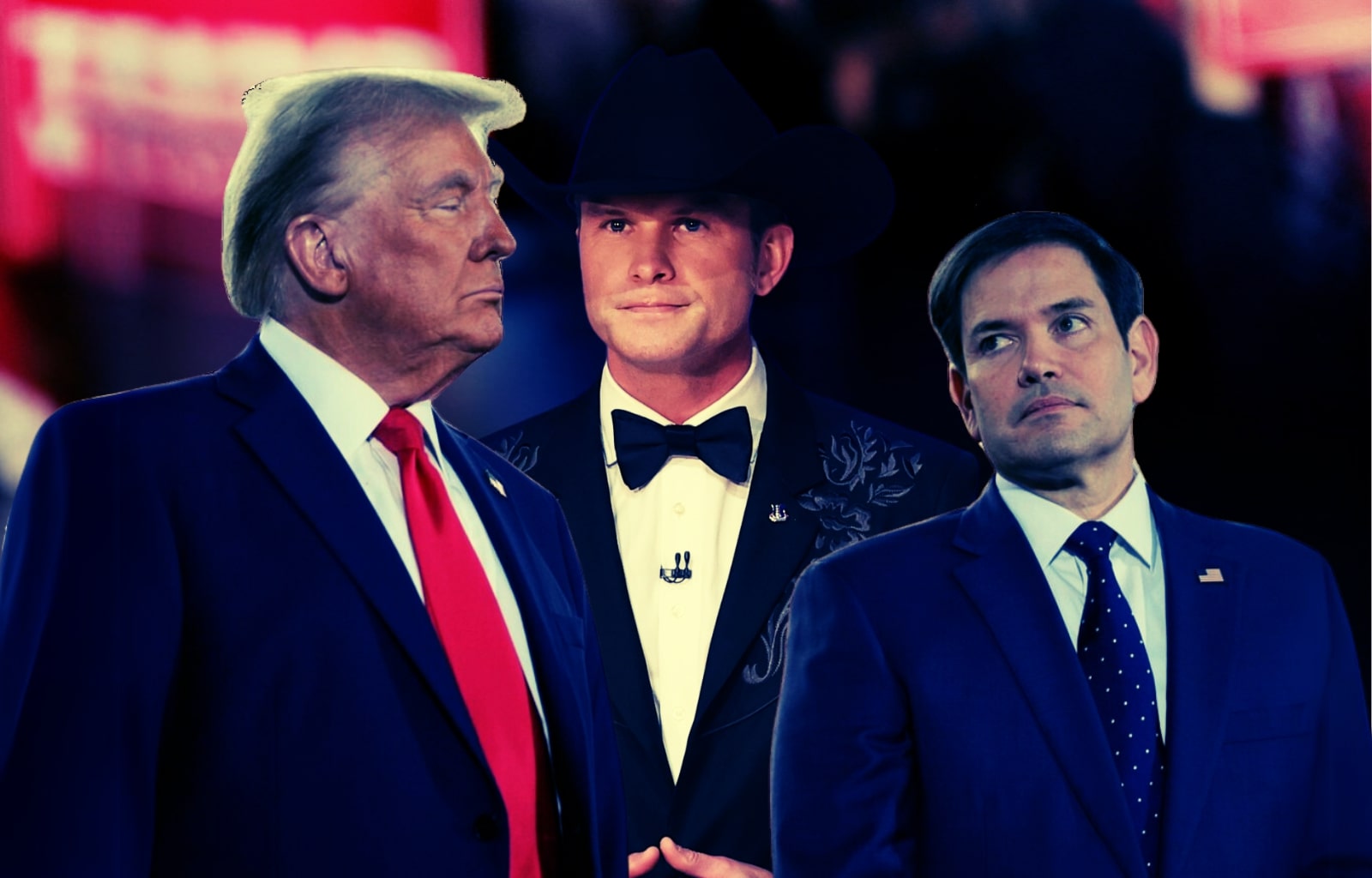
Donald Trump’s nominations for the next administration were recently at the centre of a cute little siparietto between Matteo Salvini and Carlo Calenda. The latter put the Lega leader and vice-prime minister on the spot, who was evidently expressing an aprioristically positive judgement on Trump’s choices without knowing them in detail. The episode provides an opportunity to analyse the merits of the most important of these appointments and their possible impact on Europe.
Key appointments: Rubio and Hegseth
After the election on 5 November, speculation began on the appointments to the top positions of the second Trump administration. Between 12 and 13 November, came what for Europe will probably be the most relevant ones in the context of the president-elect ‘s positions on NATO and Ukraine: Pete Hegseth as Secretary of Defence and Marco Rubio as Secretary of State (equivalent of our Foreign Minister).
Marco Rubio: reassuring but ambiguous
Rubio ‘s nomination appears the most reassuring for European security, despite some recent positions that seem to bring him closer to Trump. If at the beginning of the war in Ukraine he called Putin a ‘killer’, more recently he has argued that the US financed what he sees as a ‘standoff’ between Ukraine and Russia, ignoring that without US weapons (which he voted against sending in April 2024) it would probably have come down to an armistice or surrender.
On NATO, Rubio has firmer positions than Trump. He was a co-sponsor, along with Tim Kaine, of a bill requiring a qualified majority to leave the Atlantic Alliance, making it more difficult for the president to pursue that path. Furthermore, Rubio has stated that ‘it is time for the Europeans to take control of Europe’, a position that coincides with the pro-European orientation towards the creation of a common European army.
Pete Hegseth: loyalty to Trump and aggressive rhetoric
Hegseth ‘s nomination, on the other hand, surprised many, representing a marked change from Lloyd Austin, the bipartisan respected four-star general confirmed by the Senate with 93 votes in favour. Hegseth, despite having a background in the military, is a less prestigious figure and much more aligned to Trump.
He called NATO a ‘scrap to throw away’ and ‘a defence scheme for Europe paid for by the US‘, using aggressive rhetoric. According to Politico, this appointment aims to secure a loyal ally for the president in a strategic position, after the difficulties encountered during the first Trump administration with Jim Mattis.
On the Ukrainian issue, Hegseth fuelled controversy, joining Trump in calling Russian recognition of Ukrainian separatist regions ‘brilliant’ and downplaying the Russian invasion compared to the alleged ‘invasion woke’ in the US military.
A Europe in the Balance
Of the two nominations, Rubio represents a more ‘establishment’ choice, with positions rooted in the Republican Party, albeit sometimes shifting. His nomination suggests greater stability for US membership in NATO. In contrast, Hegseth seems to embody a weaker figure, openly aligned with Trump’s agenda, potentially ready to sacrifice strategic alliances for domestic priorities.
The second Trump administration thus risks creating further tensions for Europe, torn between Rubio ‘s reassuring pragmatism and Hegseth‘s potential unpredictability.

